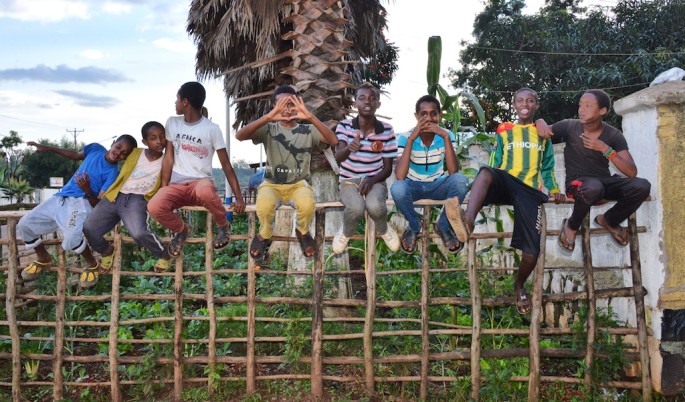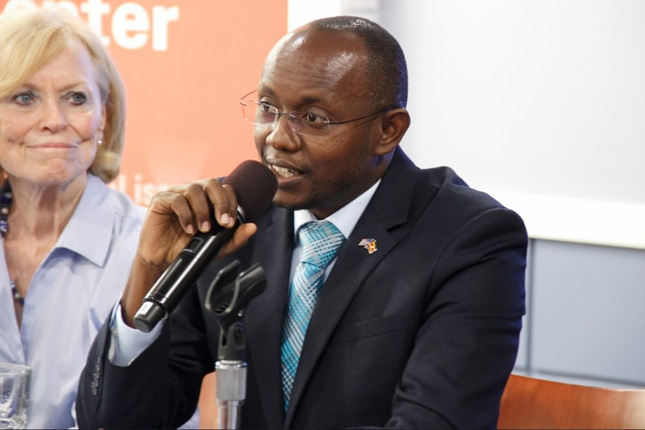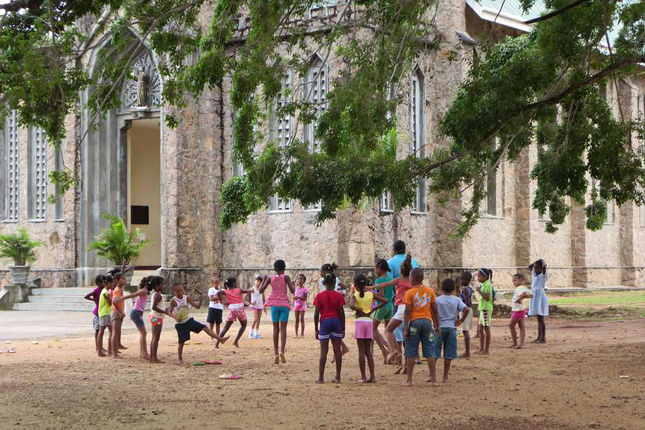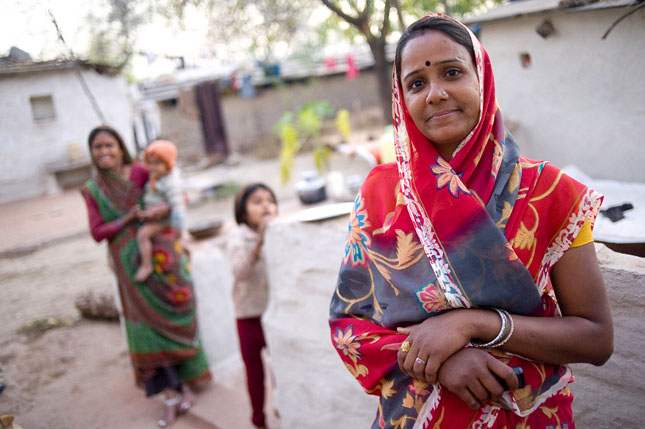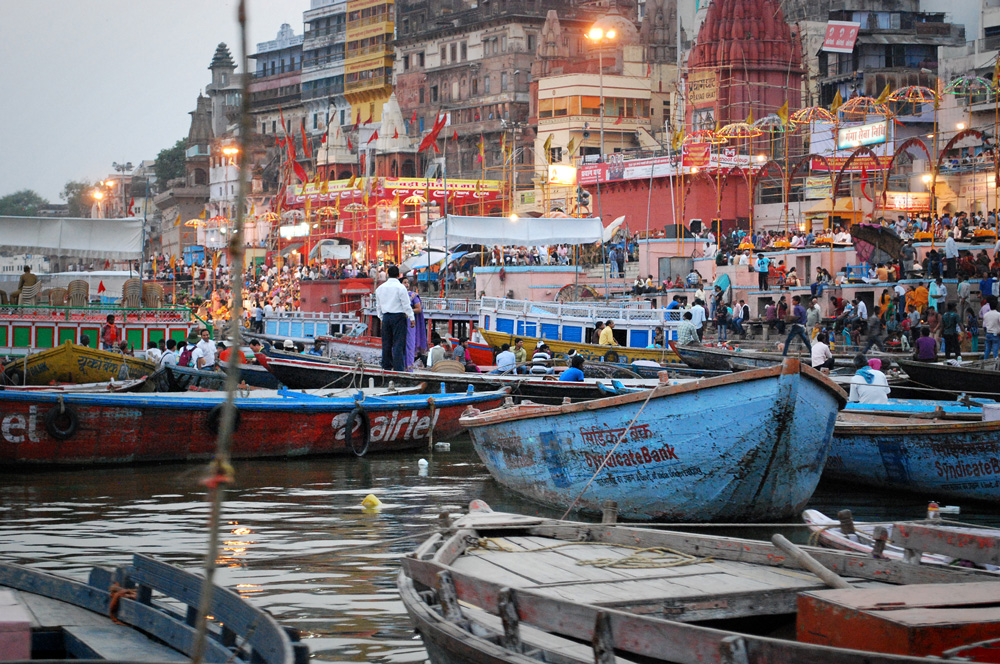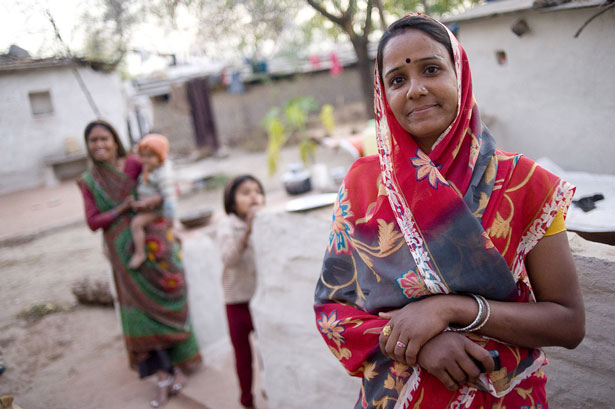-
Faith in Family Planning: Healthy Timing and Spacing of Pregnancies
›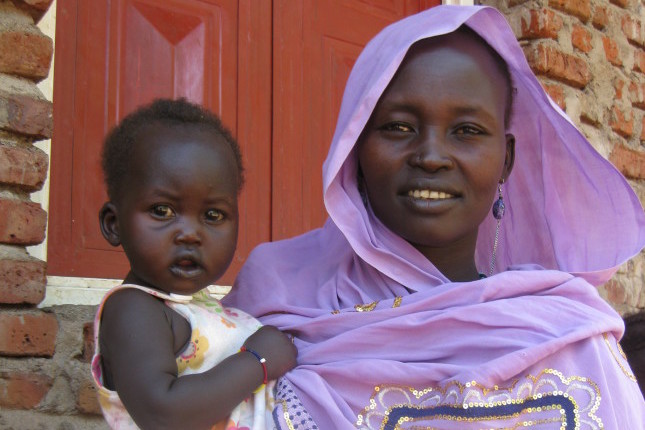
“When you enable a family to be able to time and space their children, you actually improve the overall health of that family,” said Dr. Alma Golden, the Deputy Assistant Administrator of USAID’s Bureau for Global Health, at a recent Wilson Center event on the role of faith-based organizations in family planning. Faith-based groups are an “irreplaceable asset,” said Dr. Golden, when it comes to fighting stigma and marginalization and promoting positive health behaviors.
-
Where Are All The Men? Faith-Based Efforts to Engage Men and Boys in HIV Prevention Services
›
In sub-Saharan Africa, “more than half of the men under the age of 35 do not know their [HIV] status and are not on treatment,” said Dr. Sean Cavanaugh of the Office of the Global AIDS Coordinator at a recent Wilson Center event on engaging the faith community in reaching young men and boys with HIV prevention services. Consequently, men often don’t seek HIV services promptly, decreasing their rates of antiretroviral therapy and viral suppression, and increasing HIV mortality rates.
-
Healthy Women, Healthy Families: Saving Money and Lives With Faith-Based Family Planning
›
“All of the major religions of the world are really quite concerned with addressing the needs of the poor and also the disadvantaged,” said Victoria Graham, senior NGO technical advisor at the U.S. Agency for International Development, at the Wilson Center on July 18. “They’re always looking for interventions that address their needs, including health needs. And family planning is probably the most cost-effective way of doing this. Across the continuum – from looking at the economy to the family to saving lives – family planning is an excellent intervention.”
-
Religion and Climate Diplomacy in Small Island Developing States
›
Island states contribute only .03 percent to global emissions, but “nineteen major Caribbean cities are in the bullseye of the climate threat” and Pacific island states such as Kiribati and Tuvalu face an existential threat from sea level rise, said Selwin Hart, Barbados’ ambassador to the Organization of American States and the United States. At the same time, Small Island Developing States (SIDS) in the Pacific and the Caribbean are leading efforts to combat climate change, said experts at the Wilson Center on July 10.
-
Patrick D. Nunn, The Conversation
Sidelining God: Why Secular Climate Projects in the Pacific Islands are Failing
›July 7, 2017 // By Wilson Center Staff
Unless you are cocooned in a tourist bubble, it is hardly possible to miss God when you visit the Pacific Islands. In every village and on every main street there seems to be a church or temple, packed to bursting point on holy days. It is testament to the considerable influence of spirituality on the way people live in the Pacific.
-
For India, Achieving the Next Generation of Maternal Health Goals Requires New Approaches
›
Achieving the next generation of maternal health goals in India, which accounts for almost 15 percent of maternal deaths around the world each year, will require innovative new approaches to stubborn problems.
-
Come Hell or Holy Water: India’s Fight to Save the Ganges
›February 13, 2017 // By Sreya PanugantiRevered for far more than its contribution to Indian civilization, the Ganges represents the goddess of salvation, Ganga. As a symbol of purity in Hindu mythology, the holy river is thought to cleanse believers both spiritually and physically with its waters.
-
Religion and Reproductive Rights: Looking For Common Ground
›
More than 84 percent of the 2010 world population – 5.8 billion people – consider themselves religiously affiliated, according to a recent study. Religious leaders can therefore have significant influence across a broad range of social, economic, and political issues. Perhaps nowhere is that influence felt more strongly than in debates about reproductive health and rights, and perhaps nowhere are the consequences so large than in poor and marginalized communities.
Showing posts from category religion.


